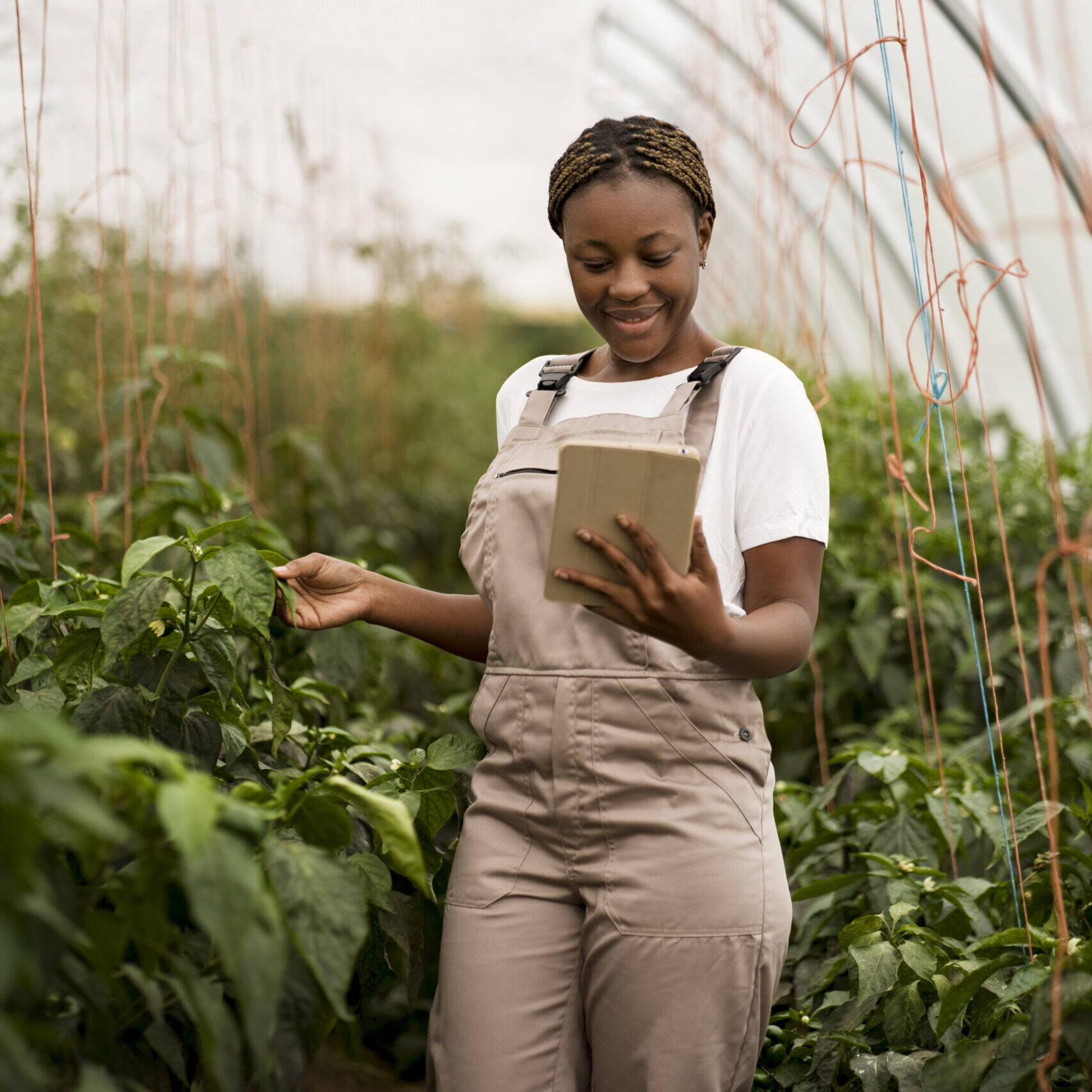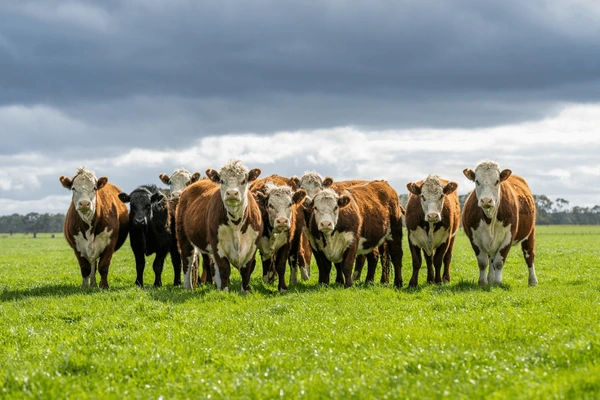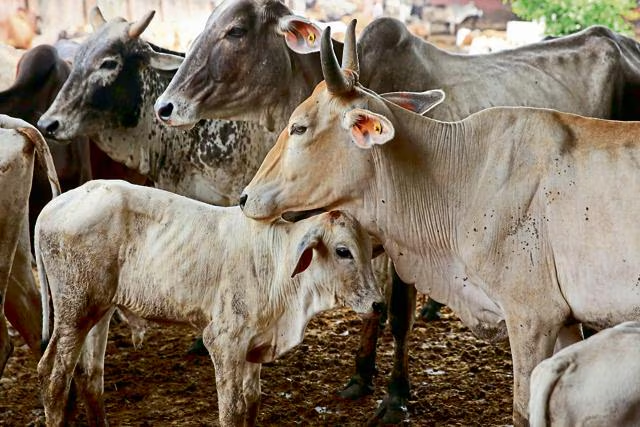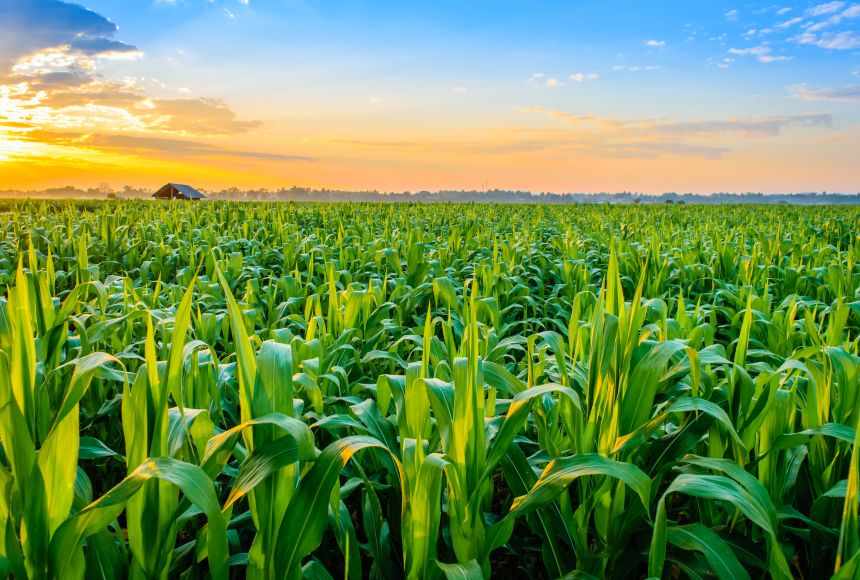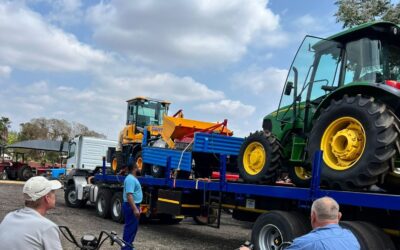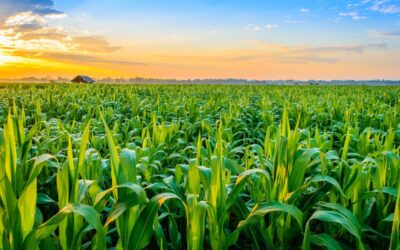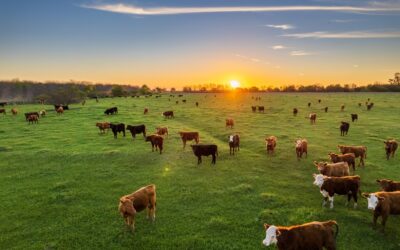Specialised Farming Service
Wilisaa provides reliable farming and cattle services that nurture growth, improve productivity, and deliver sustainable results. From cultivating healthy crops to raising quality livestock, our team combines modern practices with traditional care—ensuring excellence, trust, and value in every season.
About Wilisaa Farm
Wilisaa Farm was born from a vision of resilient, sustainable farming in the heart of Tanzania. Our journey has not been without challenges—from unpredictable weather and resource constraints to the complexities of building a farm that serves both business and community. Through determination, innovation, and a commitment to excellence, we have overcome these obstacles to create a farm that not only thrives but also uplifts those around us.
At the core of Wilisaa Farm is our dedication to sustainable cattle farming. We raise healthy, robust livestock using ethical practices, responsible nutrition, and environmentally conscious land management. Recognizing the struggles faced by local farmers, we extended our expertise through the Cattle Rehabilitation Program, taking in community cattle that need care, recovery, and support, helping them regain strength and productivity.
Education is another pillar of our mission. Through the Farming Education Program, we empower local farmers with hands-on training, modern techniques, and ongoing mentorship. By sharing knowledge in crop cultivation, livestock management, and sustainable practices, we help the community build resilient farms and secure a sustainable future.
Wilisaa Farm stands as a testament to perseverance, innovation, and community spirit. Every crop we grow, every animal we nurture, and every farmer we teach reflects our commitment to sustainability, empowerment, and lasting impact in Tanzanian agriculture.
Captivating Blogs
Exploring the global farming landscape highlights how agriculture sustains billions of people while adapting to diverse climates and ecosystems. From traditional smallholder farms to high-tech commercial operations, farming practices vary widely across regions. Amid challenges like climate change, resource scarcity, and population growth, the sector offers vast opportunities for innovation and sustainable food production.
Frequently Asked Questions
Why Cattle Farming?
Cattle farming is at the heart of agriculture, providing us with quality beef, fresh milk, and even leather, while also supporting countless livelihoods. It’s more than just raising animals – it’s about ensuring their health, nutrition, and well-being through responsible care and sustainable grazing. With every calf raised and every herd tended, cattle farming connects people to the land and delivers essential products that feed and sustain communities.
Why is Sustainable Farming Important?
Sustainable farming is important because it protects the environment, supports healthy communities, and ensures long-term food security. By using natural resources wisely, reducing chemical use, and caring for soil, water, and biodiversity, farmers can produce quality food without harming future generations’ ability to do the same. It also helps farms remain profitable and resilient against climate change and market challenge
How do I ensure animal health and prevent diseases?
Ensuring animal health and preventing diseases starts with good management practices. Provide clean water, balanced nutrition, and proper shelter to keep livestock strong and resilient. Regular veterinary check-ups, vaccinations, and parasite control are essential for preventing illness. Maintaining clean housing, proper waste disposal, and reducing overcrowding also lowers the risk of disease spreading. By combining good care, hygiene, and proactive health measures, farmers can keep animals healthy and productive.
What are the best practices for breeding livestock?
The best practices for breeding livestock include careful planning, proper record-keeping, and prioritising animal health. Farmers should select strong, disease-free animals with desirable traits, provide them with balanced nutrition, and ensure regular veterinary care. Maintaining clean facilities, managing breeding schedules, and avoiding inbreeding help improve herd quality over time. By focusing on genetics, health, and good management, farmers can achieve stronger, more productive livestock.
What insurance options are available for farmers?
Farmers have several insurance options to protect their livelihoods. Common types include crop insurance (covering losses from drought, floods, or pests), livestock insurance (protecting animals against disease, theft, or accidents), and farm property insurance (covering equipment, buildings, and vehicles). Many farmers also choose liability insurance to safeguard against accidents involving workers or visitors. The right mix of insurance helps reduce risks and ensures stability when unexpected challenges arise
